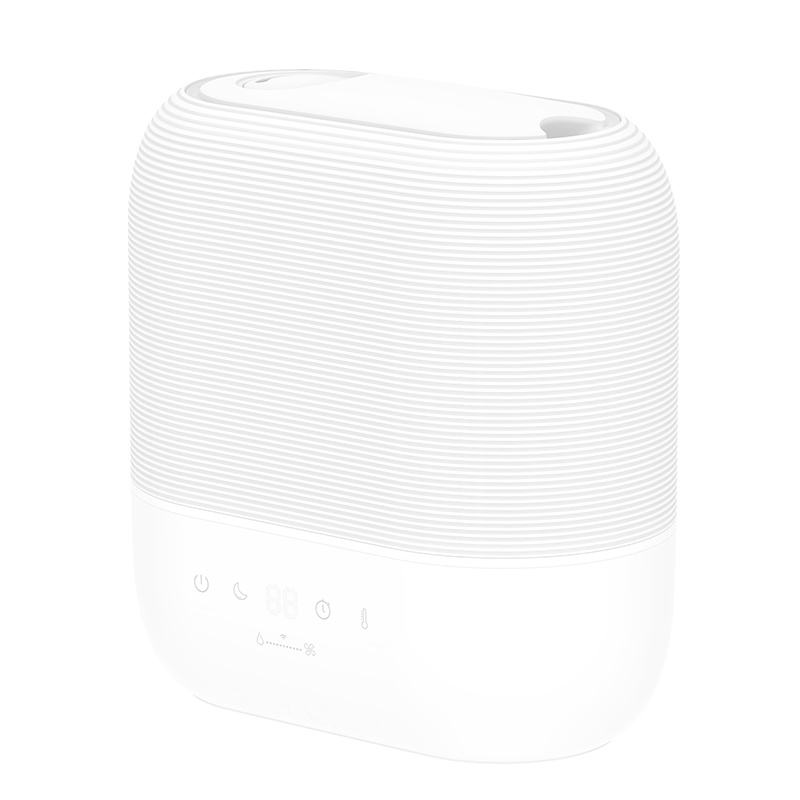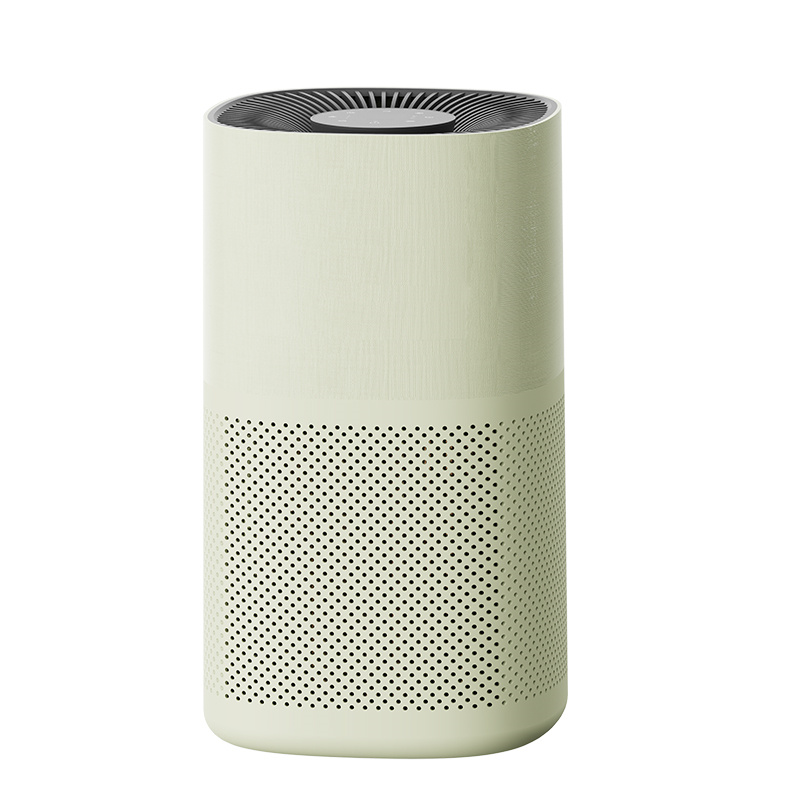Find hearing clinics in my country:
By Joy Victory, managing editor, Healthy Hearing Aroma Diffuser For Car

Last updated on: November 16th, 2023
A range of accessories are available to make it easier to take care of and wear your hearing aids.
Hearing aids require occasional upkeep to stay in working order. Your hearing care provider may suggest certain accessories when you buy hearing aids. Others, like stickers or jewelry, you can choose to buy separately.
If you have rechargeable hearing aids, your hearing aids likely came with a charger to dock your hearing aids at night. But you may want to invest in a second charger—for travel or backup. Portable chargers do not require a plug, making them a good option for activities like camping.
If your hearing aids use replaceable batteries and are not rechargeable, you'll need a constant supply of disposable "button" batteries.
Hearing aid batteries are available in four different sizes. Your hearing care provider will usually provide a small number of batteries to get you started.
Always carry spare batteries with you so you’re prepared for your day and can keep your hearing aids running without interruption.
But, considering how tiny button batteries are, how can you carry around a spare pair you won't lose? Consider a battery caddy, which comes on a keychain for on-the-go battery replacements.
When you get new hearing aids, they may also come with a case for safe keeping when you are not charging them (such as during a quick shower). Inside may also be helpful tools like a wax pick and soft cloth for quick cleaning.
However, the case may not be waterproof or durable. If you're a fan of swimming or other outdoor activities, you may want to get a waterproof, shatterproof carrying case, such as the AidKeeper.
If you perspire heavily, live in a humid climate or enjoy lots of outdoor activity that might expose your hearing aids to damaging moisture, a dehumidifier can be a big help.
Basic dehumidifiers use a "desiccant" capsule to draw out moisture overnight. The desiccant will last a long time with regular reactivation. Some desiccants are contained in a soft pouch that can be reactivated in the microwave oven for about 1 minute. Others are housed in a metal tin that can be placed in an oven heated to 325° for about 30 minutes.
Electronic dryers fully dehydrate your hearing aids with heat instead of dessicants. This is a good option if you do not want to frequently buy dessicant capsules.
More: How cold weather and moisture can impact hearing aids
Losing a hearing aid is a scary, expensive event! A hearing aid retention clip attached to a cord or tether makes this less likely. Made especially for hearing aids cochlear implants, these handy tools are your fail-safe if your devices fall off you. These are especially useful for kids, but useful for anyone prone to losing their aids (or have pets prone to running off with them!)
Hearing aid covers (like little socks for your hearing aids) protect them from sweat, dirt, moisture and wind. These are a good buy if you are an active person frequently outdoors or exercising.The simple act of removing either can inadvertently knock your hearing aids out.
As a remedy, hearing aid accessory company Ear Gear makes a pair of hearing aid sleeves with tiny loops in them, so you can slip the eyeglass arms through them.
Do not use needles or other homemade tools around the house to clean your hearing aids. This could destroy the sensitive electronics found within. Instead, buy a special hearing aid cleaning kit. They include things like a wax removal brush, wax removal pick, tube and vent cleaner, and a battery door opener and magnet.
Even when you have hearing loss, you should protect your residual hearing if you're going to be exposed to loud noise, such as an outdoor concert or fireworks. Wear earplugs. It's just one part of hearing loss prevention.
The company Deafmetal sells a variety of stylish jewelry and holsters for hearing aid and cochlear implant wearers. They also make safety rings that look like earrings but are actually devices to keep hearing aids in place. You can purchase their product online (see link above in first photo for more about Deafmetal).
Hearing aid accessories can be purchased online from major retailers like Walmart and Amazon, and from smaller companies like Ear Gear, Earstay, and AidKeeper, along with many smaller businesses. For cochlear implants, the manufacturer Cochlear sells many accessories, too.
But your best bet is often a recommendation from your hearing care provider, who may sell some of these accessories at their clinic, too.
Joy Victory has extensive experience editing consumer health information. Her training in particular has focused on how to best communicate evidence-based medical guidelines and clinical trial results to the public. She strives to make health content accurate, accessible and engaging to the public. Read more about Joy.
You are reading about: Hearing aids / Accessories
More information about hearing loss, hearing aid brands, assistive devices and tinnitus.
We have more hearing clinic reviews than any other site!
Get the best of Healthy Hearing delivered to your inbox!
Sign up for our newsletter
This website stores cookies on your computer to customize your website experience and to count your visit. We don’t track you across other websites. You can opt out of our count by choosing "use only necessary cookies". By using our site, you signal that you agree with our Privacy Policy.
Find a trusted clinic near me:

Compact Air Purifier We have more hearing clinic reviews than any other site!